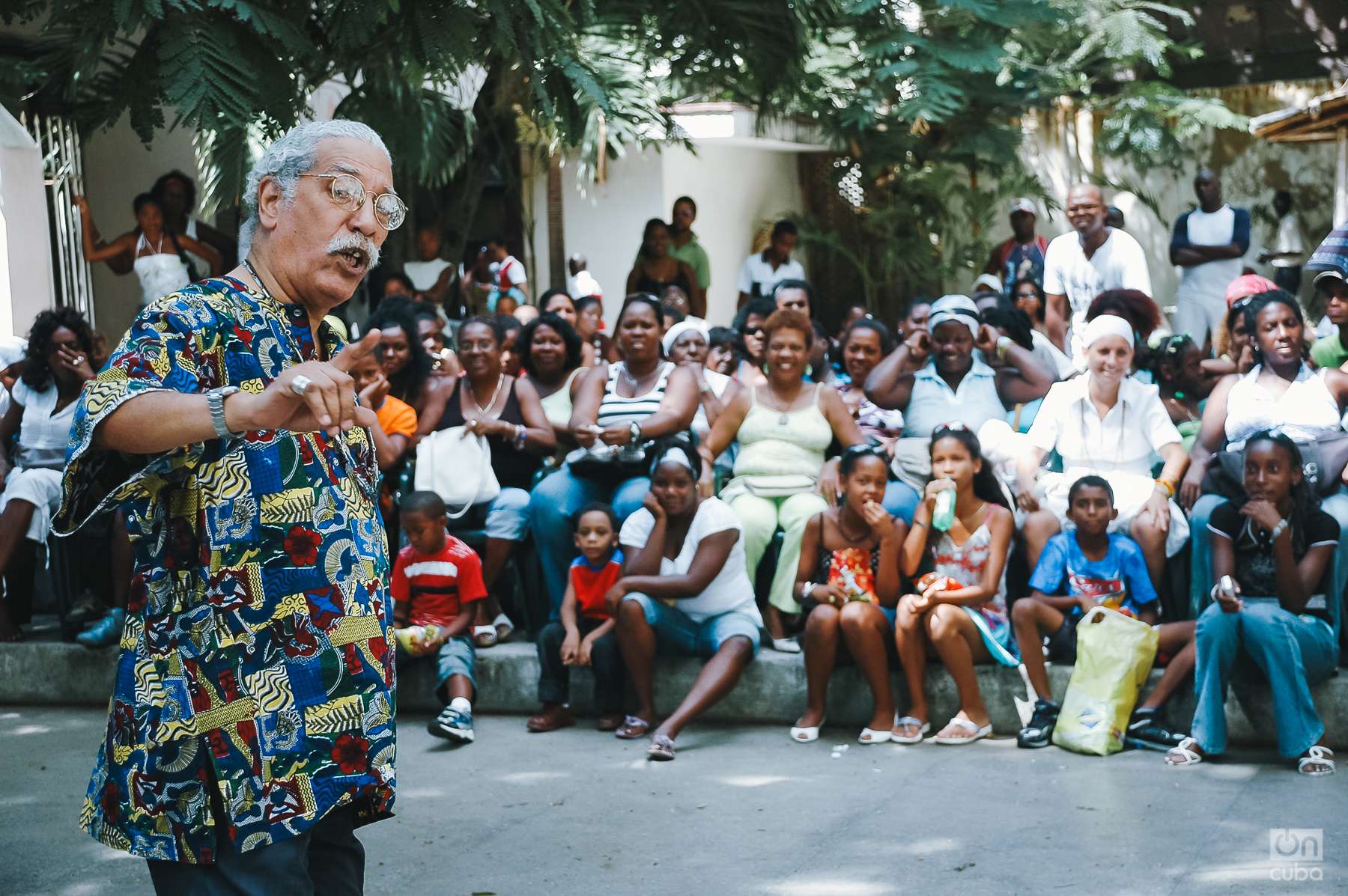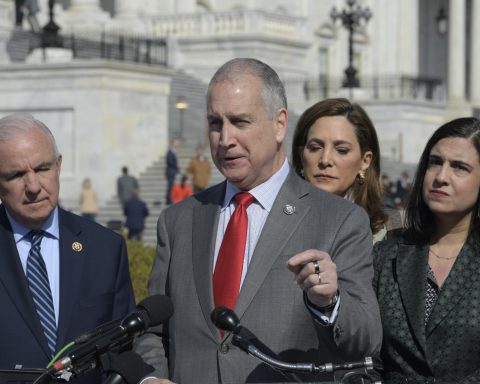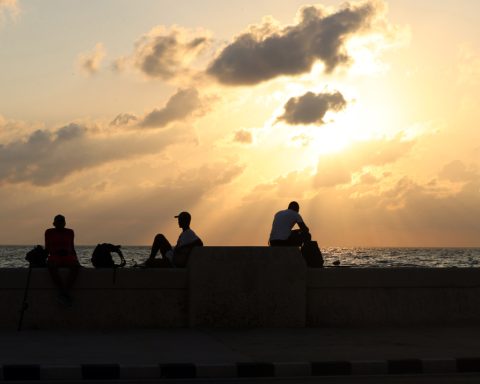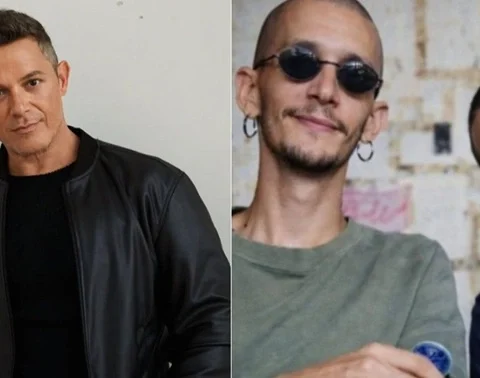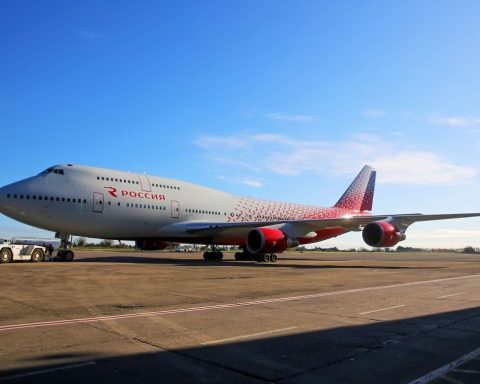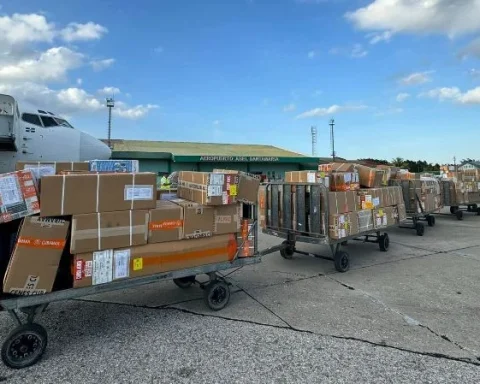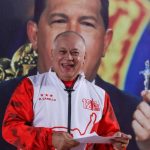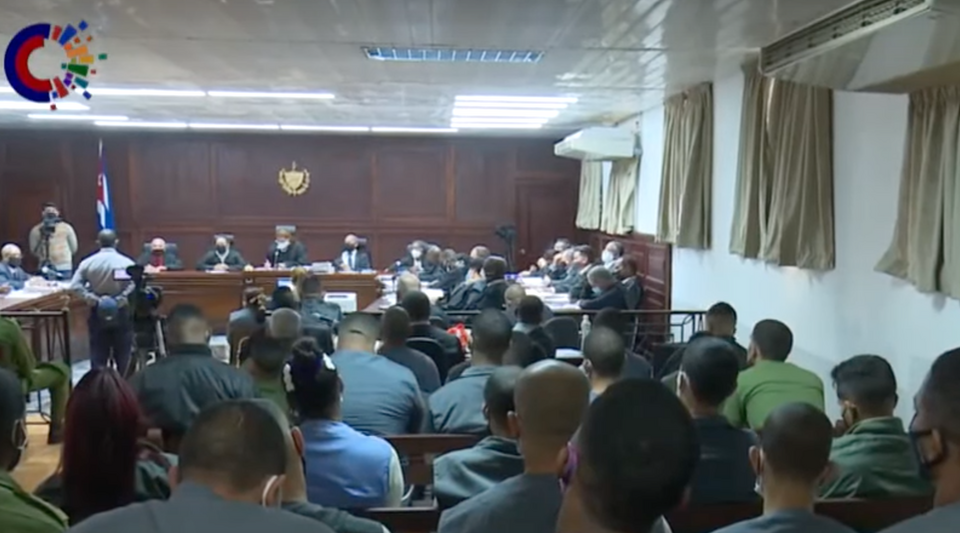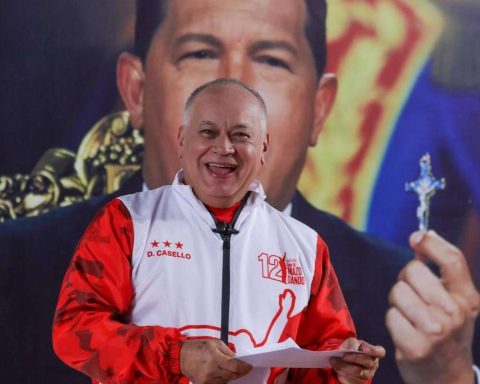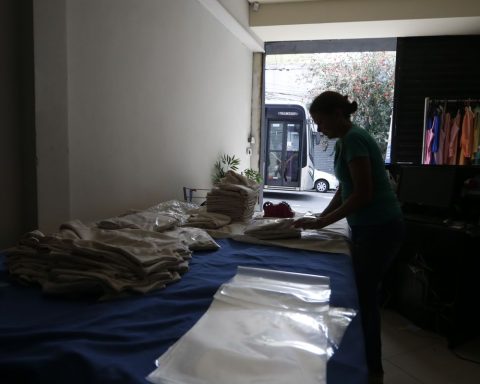During its 28th edition, the Wemilere African Roots Festival he approached the networks of social configuration from ancestral religions and delved into the African religious legacy in the ecumenism of the well-remembered historian Eusebio Leal, an openly Catholic figure but defender of African culture.
The specialists analyzed the exclusion and inclusion of women in the Abakuá Society, the relationship of Vodú with Santeria in the eastern province of Camagüey and the presence in the Cuban flora of plants of African origin introduced by Cuban religious.
Starting next Friday in Guanabacoa, they will celebrate the 28th Wemilere African Roots Festival 2022. pic.twitter.com/Cvu95cdxJG
— National Council of Houses of Culture. (@CubaCNCC) November 24, 2022
They also paid tribute to the famous musician from Guanabaco, Jesús Pérez (the first drummer to play a batá in symphony orchestras). That is why the documentary was presented The essential of musiccarried out by the AfroKuba Etnovisual Project, founded and directed by the Cuban-Swiss professor Miguel Ángel García Velasco.
Wemilere 2022 brought together religious, researchers, artists, theater groups, singers and promoters committed to the roots inherited from the Africans brought to the island as slaves. Together they remembered the centenary of the singer Merceditas Valdés and the work of the writer Rogelio Martinez Furerecently deceased and who was its honorary president for more than two decades.
As of 1970, folkloric activities began to be carried out in the Municipal Museum of that territory with a group of amateur artists.
For many years, religions of African origin were prohibited in Cuba, despite the fact that the majority of its population identifies with these beliefs. Some researchers maintain that starting in the 1970s, this reality gradually changed.
Well-known artists of international scope such as the immortal troubadour María Teresa Vera, the percussionist Chano Pozo or the mythical Benny Moré were defenders and practitioners of religions Afro-Cuban.
The word “wemilere”, according to some scholars quoted by specialized media on the Island, means “meeting of all the orishas” or “secular festival dedicated to the orishas”.
